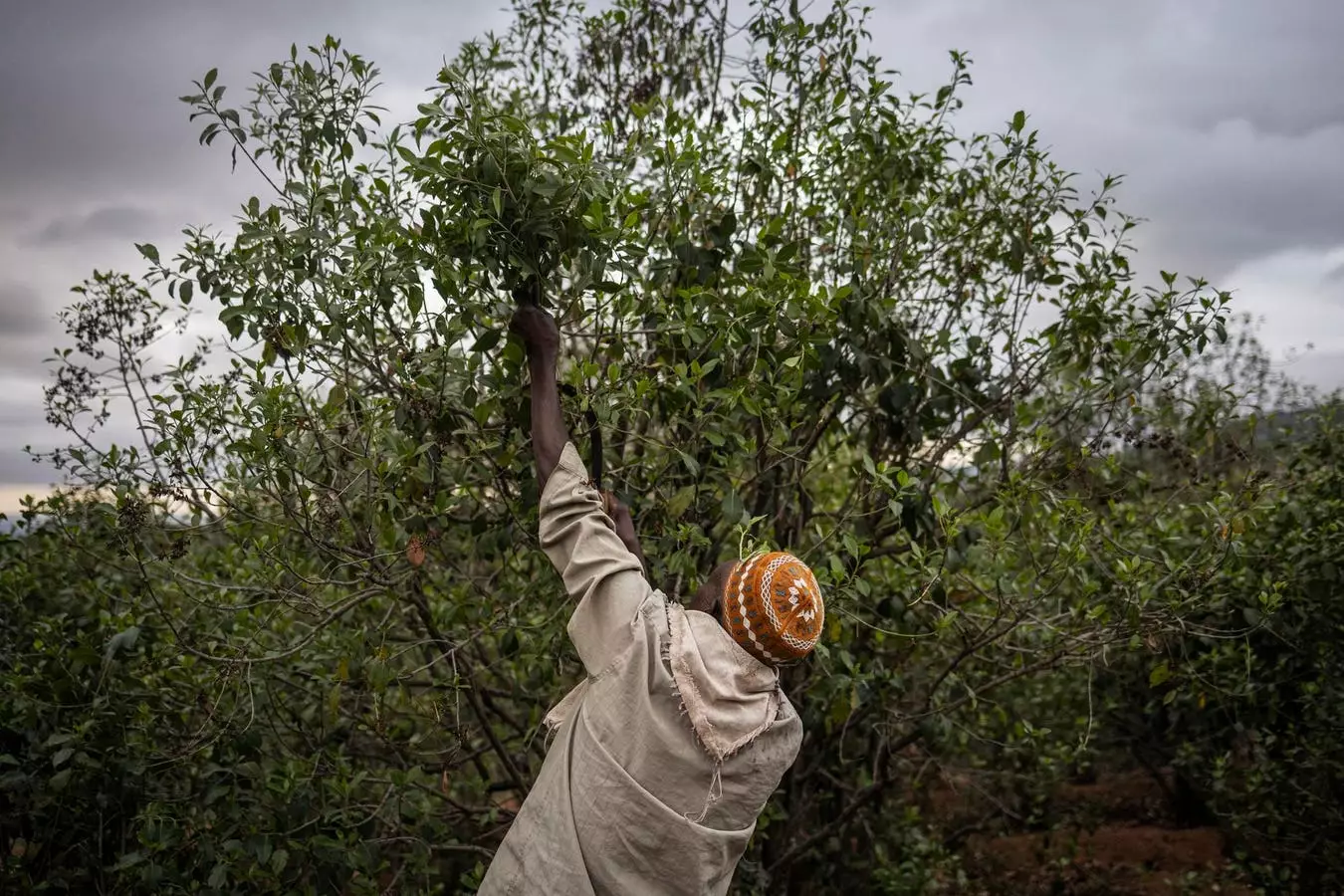As the world approaches a critical juncture with the upcoming UN Food Systems Summit Stocktake (UNFSS+4), it becomes apparent that traditional methods of assessing progress are failing to capture the full picture of global food resilience. We stand at a crossroads—where superficial policies and top-down initiatives are no longer enough to drive the transformative change necessary to meet urgent challenges. The need for a bold reimagining of our approach has never been more evident. This is a pivotal moment where innovative thinking, genuine inclusivity, and ground-level insights must converge to forge pathways toward nourishing populations and empowering communities.
The core issue is that our current strategies remain too slow and disconnected from the realities faced by those who produce, distribute, and consume food daily. Despite heightened awareness—food systems now intertwined with climate action, economic stability, and human rights—the pace of change remains disappointingly sluggish. Policymakers often prioritize large-scale technological solutions or international agreements, overlooking the grassroots innovations and local wisdom that hold the key to sustainable progress. It’s time to shift the narrative from mere commitments to tangible actions rooted in the realities of those on the ground.
Prioritizing People-Centered Approaches Over Corporate Interests
One of the most contentious issues surrounding the upcoming Stocktake is the perceived dominance of corporate interests in shaping the dialogue and agenda. Indigenous groups, civil society organizations, and smallholder farmers have voiced legitimate concerns that these high-level forums risk becoming platforms for corporate narratives, rather than spaces where marginalized voices are truly heard. Their withdrawal from the process signals a grave warning: when global discussions marginalize those most affected by food insecurity, the entire effort risks becoming nobbling and superficial.
The essence of genuine transformation lies in embracing a people-centered philosophy. That means elevating the voices of farmers, pastoralists, fishers, and rural workers—those who intimately understand their local ecosystems and food systems’ intricacies. These communities have the expertise born from lived experience, resilience, and innovation. Their insights are invaluable in designing policies that are both practical and sustainable. True progress will only be made if the global community recognizes that the solutions to our food crises are rooted in local contexts and grassroots ingenuity, not solely corporate investments or technological fixes.
This shift also compels us to reconsider how international institutions operate. Instead of top-down mandates that often overlook local challenges, we require participatory processes that empower communities to shape their futures. Bolstering local capacities, respecting indigenous knowledge, and fostering equitable partnerships can serve as the bedrock for a more just and effective global food system. Only then can we unravel the tangled web of economic, political, and environmental issues that threaten food security worldwide.
Grounding Policies in Ground Reality: The Power of Listening and Learning
A key insight from recent fieldwork emphasizes the importance of “ground-truthing”—the practice of engaging directly with communities to understand their real-world challenges and innovations. This approach champions humility and curiosity, urging policymakers, donors, and global leaders to step outside their offices and witness firsthand the resilience and ingenuity that flourish in local settings.
In Ethiopia, where I plan to spend considerable time after UNFSS+4, the stories from farmers, researchers, and community organizers paint a compelling picture of adaptation and resistance. Small-scale farmers are experimenting with climate-smart agriculture, diversifying crops, and reviving traditional practices that withstand drought and erosion. Fishers are creating local cooperatives to secure markets and fair prices. Civil society groups are mobilizing to influence policies that respect land rights and promote equitable resource distribution. These grassroots efforts demonstrate that solutions often lie within communities, waiting to be scaled and supported through deliberate policies and investments.
It is vital to transition from viewing communities as passive recipients of aid to integral partners in shaping food systems. Listening deeply to their experiences, embracing their innovations, and incorporating their perspectives into national and global strategies will ensure that efforts are relevant, effective, and sustainable. Ground-truthing must become an ongoing practice—not a one-off event—building a feedback loop that continually refines our understanding and actions.
Challenges and Opportunities in the Race Toward 2030
Despite the formidable barriers, including climate change, conflict, and economic inequality, the potential for meaningful change is within reach. The next five years are crucial for accelerating progress toward the United Nations Sustainable Development Goals, especially concerning ending hunger and ensuring food security. However, this necessitates a radical shift in our approach—moving beyond rhetoric and superficial targets to substantive, inclusive action.
One of the greatest opportunities is harnessing the collective power of civil society, government agencies, private sector players, and local communities. When these sectors collaborate authentically, pooling resources, knowledge, and influence, transformative change becomes possible. Public-private partnerships that prioritize local needs, innovative financing models supporting smallholders, and policies that protect the rights and livelihoods of marginalized groups are pivotal.
Additionally, embracing technological innovation must be balanced with respect for traditional knowledge and ecological sustainability. Precision agriculture, digital platforms, and biotechnology can play crucial roles, but only when deployed in ways that benefit small-scale farmers and preserve biodiversity. The focus should be on creating food systems that are equitable, resilient, and adaptive to climate shocks.
In closing, the upcoming UNFSS+4 presents both a challenge and an unprecedented opportunity. The real question is whether we have the courage—and humility—to listen, learn, and act based on the voices of those most affected. Our shared future depends on it. Turning ambition into reality requires us all to be bold, inclusive, and unwavering in our commitment to rethink and rebuild our food systems from the ground up.

